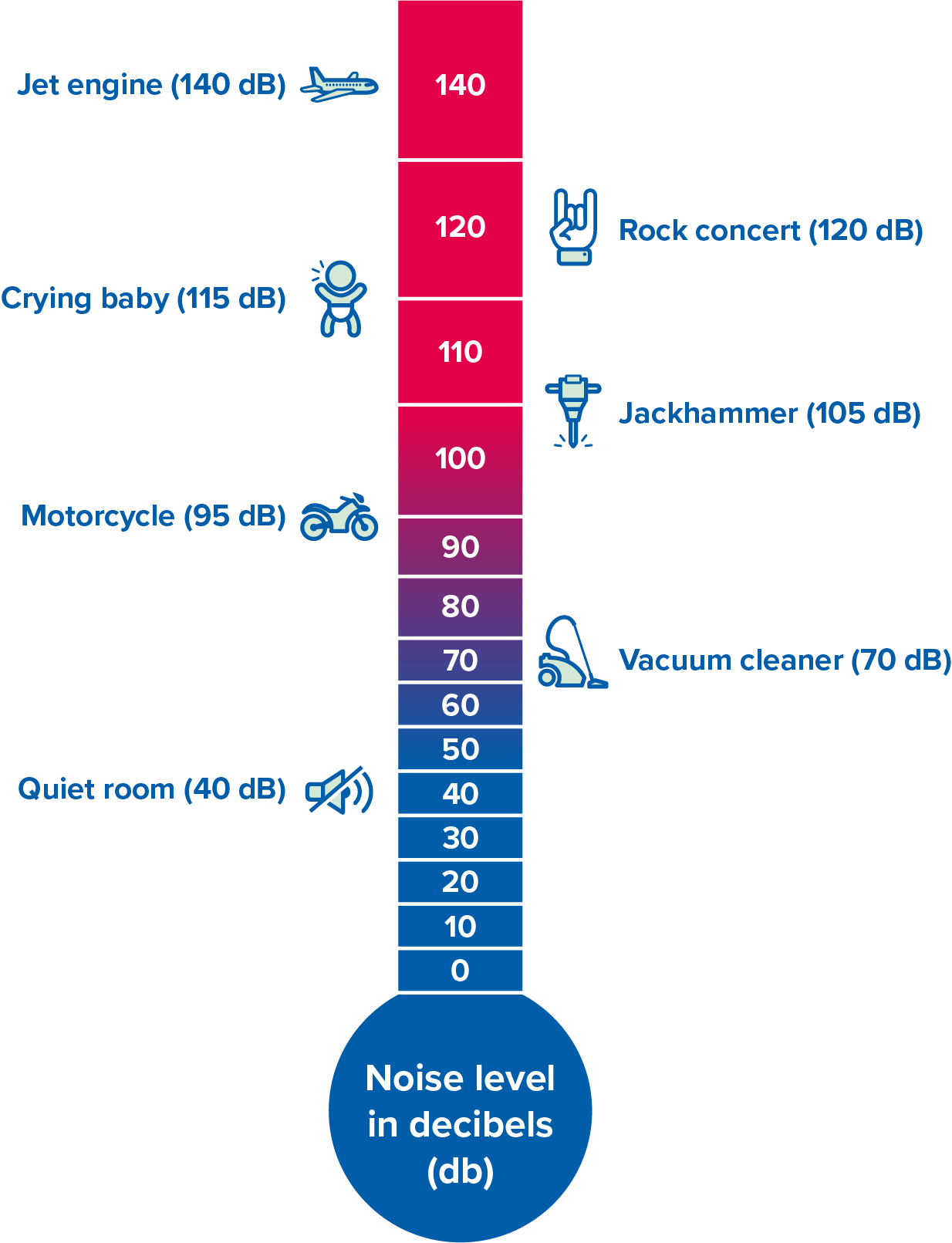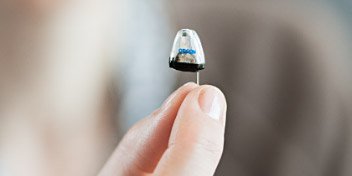Find out more about Oticon Zeal

Preventing hearing loss
It can be easy to take your hearing for granted, but it's one of your most valuable senses. Being able to hear clearly makes it possible for you to communicate, build relationships and connect with your friends and loved ones. Learn how to protect your hearing.
3 simple rules for preventing hearing loss
While age-related hearing loss cannot be prevented, noise-induced hearing loss is preventable.
There are a few simple rules you can follow to protect your hearing health as much as possible, whatever your age.
Love your ears: protect your ears
World Hearing Day takes place every year on 3 March.
Organised by the World Health Organization (WHO), this year’s focus is on safe listening habits and the steps you can take to protect your hearing.
Our expert audiologist, Laura Ewen, gives her top tips for how to look after your hearing so you can keep being you.

Self-assessment: Do I need a hearing test?
Just answer the four questions below to see whether you should consider getting a hearing test.
Your Result:
You would benefit from a hearing test
Your answers indicate that you experience symptoms of hearing loss. We strongly recommend booking a hearing test in one of our clinics.
The result is an indication. An in-person hearing test can determine if you have a hearing loss.
Book your free hearing test:
Your Result:
It seems you’d benefit from a hearing test
Your answers indicate that you experience some symptoms of hearing loss. We recommend booking a hearing test in one of our clinics.
The result is an indication. An in-person hearing test can determine if you have a hearing loss.
Book your free hearing test:
Your Result:
It cannot be determined whether you’d benefit from a hearing test
Your answers do not indicate that you experience symptoms of hearing loss. However, if you experience trouble hearing, we recommend booking a hearing test in one of our clinics.
The result is an indication. An in-person hearing test can determine if you have a hearing loss.
Book your free hearing test:
How loud is too loud?
Sounds are considered harmful when they exceed 85 dB, which is similar to the loudness of heavy traffic. Sound levels can soar to harmful levels in our everyday lives more often than you might think. Here are some noise comparisons for reference to help you limit your exposure to loud noises and thereby prevent hearing loss:
- Normal conversation: 60 dB
- Busy street: 75–85 dB
- Lawnmower: 90 dB
- Chainsaw: 100–120 dB
- Heavy truck 7 m (23 feet) away: 100 dB
- Loud music playing on a smartphone: 112 dB
- Loud car horn: 110 dB
- Rock concert: 120 dB
- Ambulance siren: 120 dB
- Jet engine: 140 dB

How to prevent hearing loss from getting worse
Do you think that you might already have some degree of hearing loss?
It's important to seek help as soon as possible since untreated hearing loss can deteriorate over time. We recommend booking a free hearing test when you recognise any early signs so you can reduce the risks of untreated hearing loss.
When to seek help
Protect your hearing in loud environments
You can protect your hearing by limiting your exposure to loud sounds – or by wearing hearing protection (like ear plugs or ear defenders) when you know you'll be exposed to them.

Loud noise and tinnitus
The most common cause of tinnitus is due to loud noise that damages the sensory hair cells in the cochlea (a shell-like organ in the inner ear where sounds are converted into electrical signals). Damage to the hair cells in your ear can cause both tinnitus and hearing loss.
In fact, more than 80% of people with tinnitus also experience some degree of hearing loss, but many tinnitus sufferers are not aware that their hearing is suffering too.
Sources
1. Beck D.L. (2012) British Academy of Audiology. Podium presentation.
2. https://www.thelancet.com/journals/langlo/article/PIIS2214-109X(23)00514-4/fulltext
3. https://www.cdc.gov/niosh/noise/prevent/index.html







